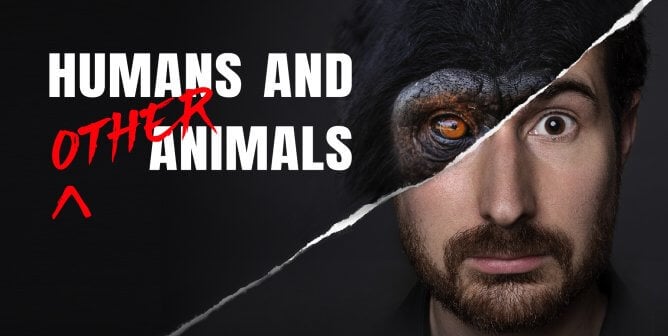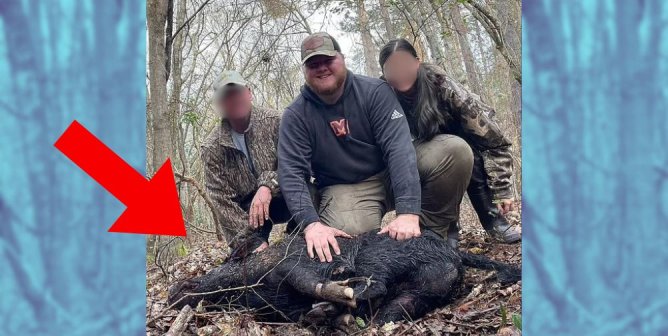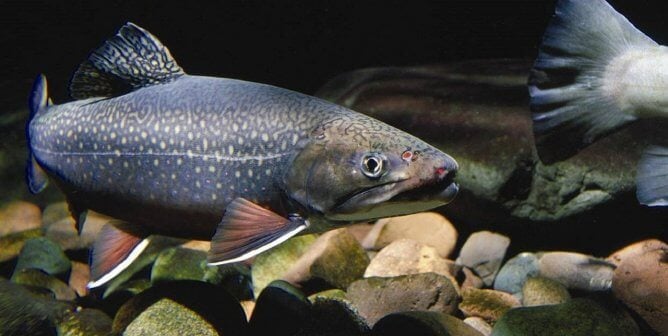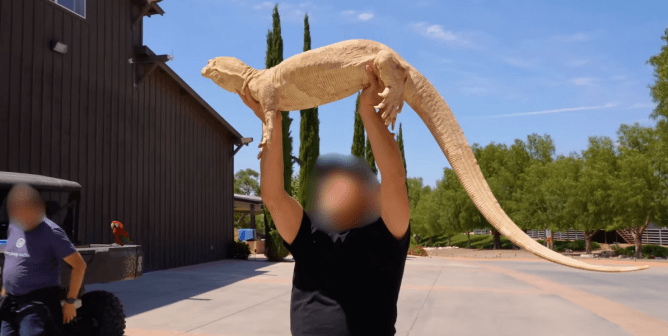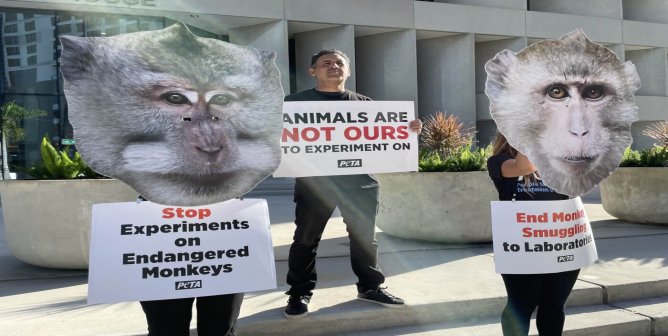Category: Wildlife
GET PETA UPDATES
Stay up to date on the latest vegan trends and get breaking animal rights news delivered straight to your inbox!
Get the Latest Tips—Right in Your Inbox
We’ll e-mail you weekly with the latest in vegan recipes, fashion, and more!

“Almost all of us grew up eating meat, wearing leather, and going to circuses and zoos. We never considered the impact of these actions on the animals involved. For whatever reason, you are now asking the question: Why should animals have rights?” READ MORE
— Ingrid E. Newkirk, PETA President and co-author of Animalkind









